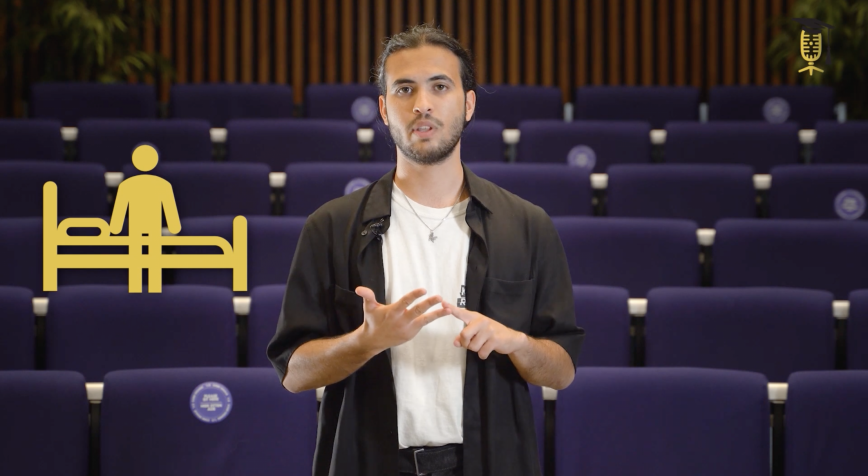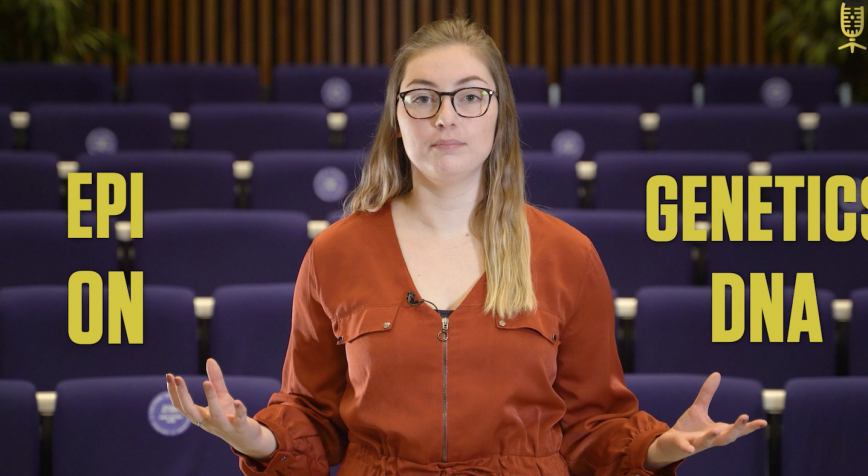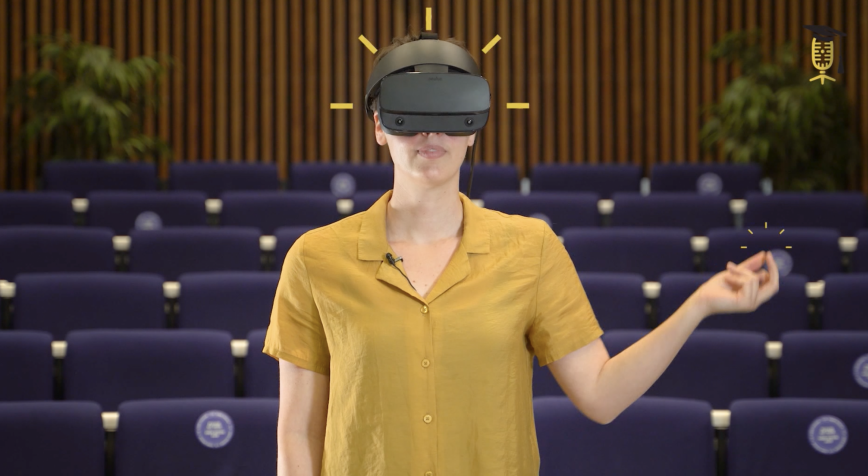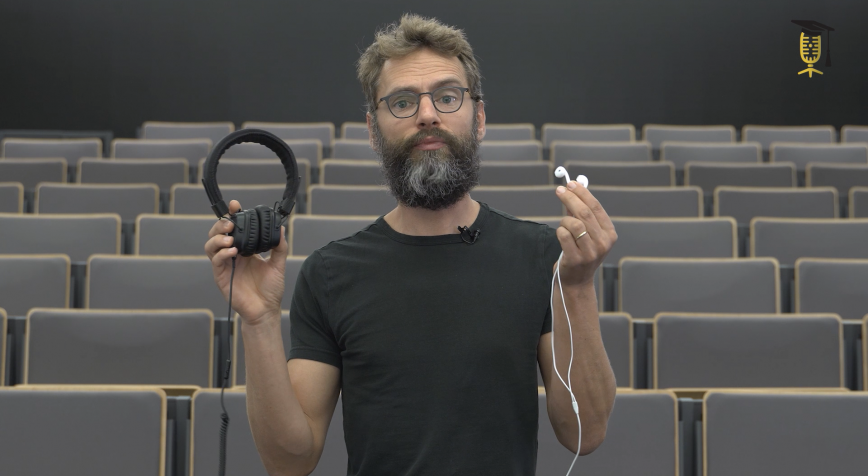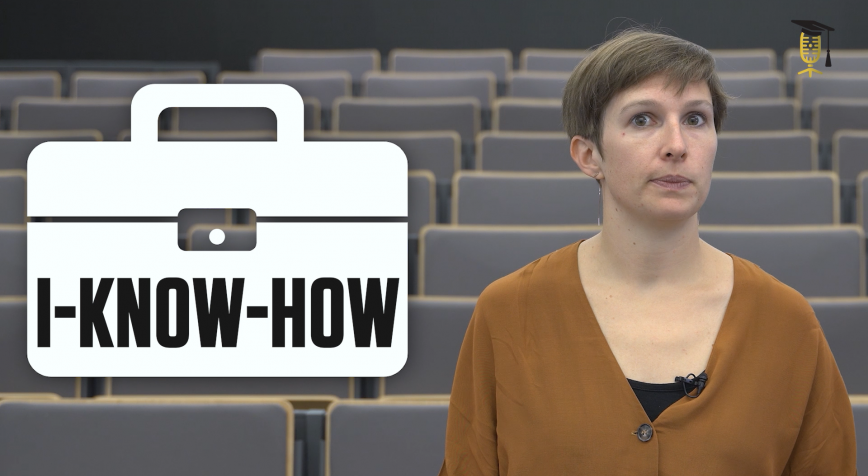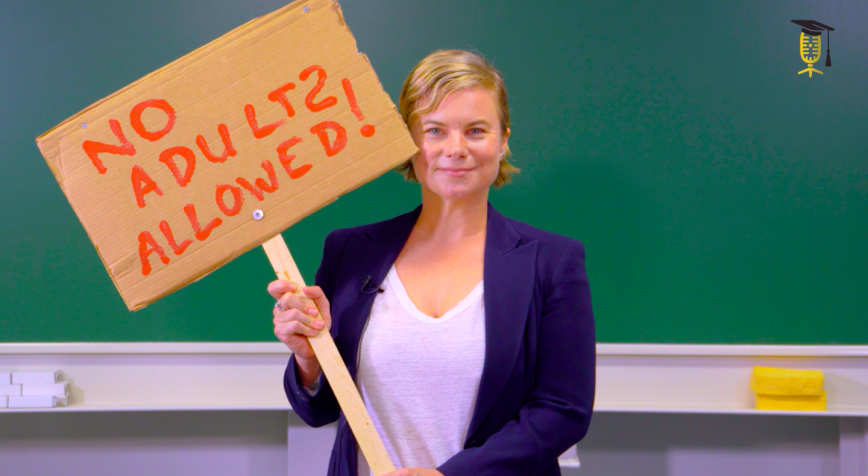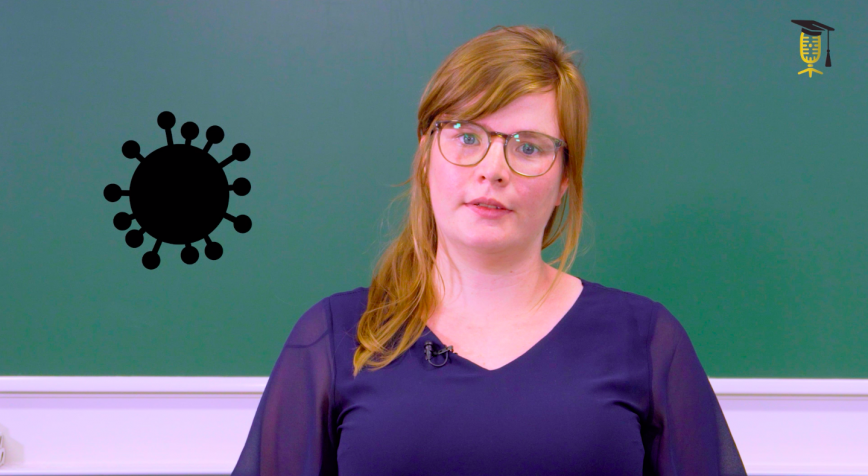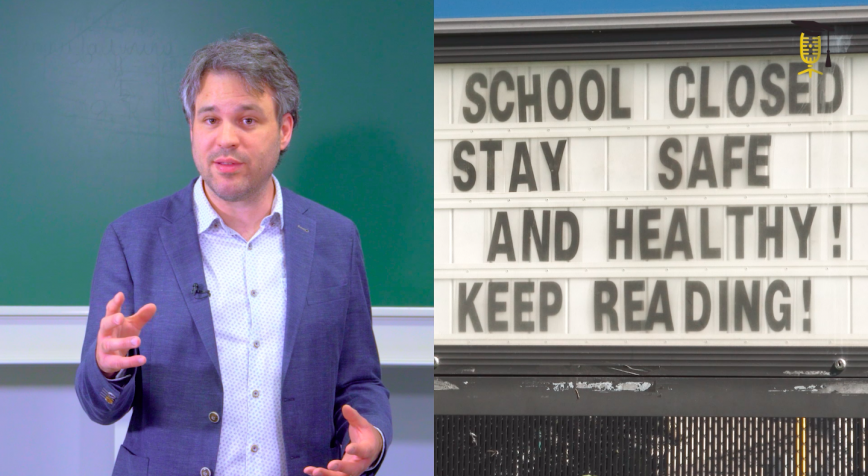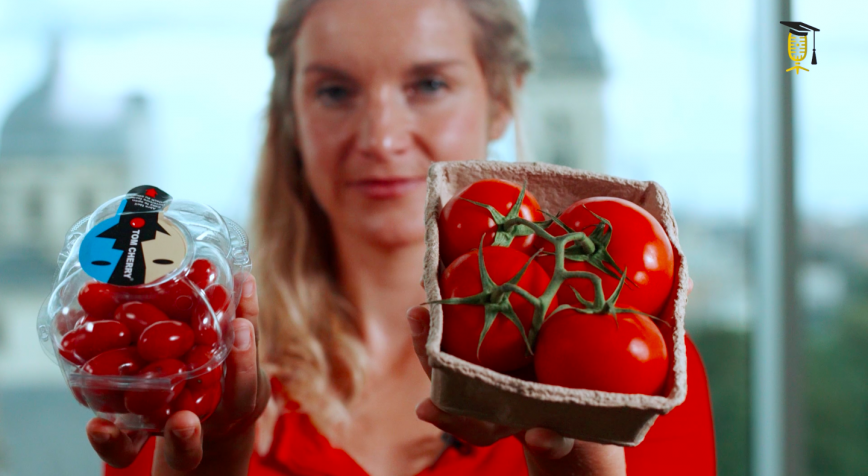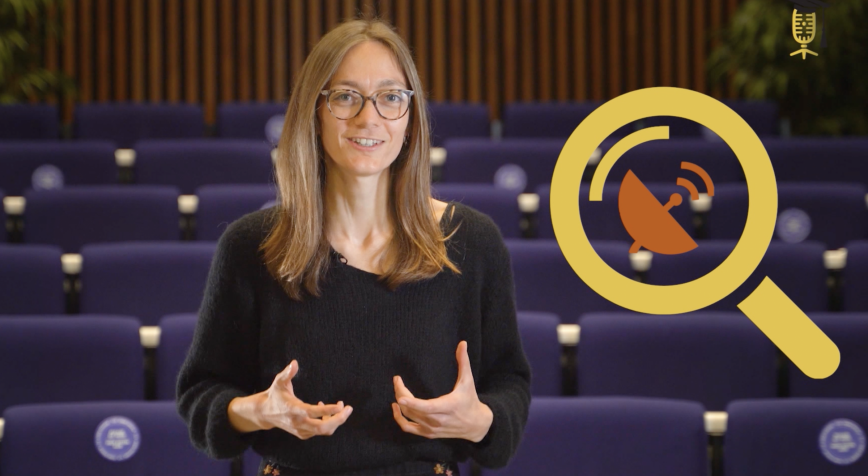
FWO
VUB
How we teach your body to unmask cancer
Did you know that cancer cells are not so different from our healthy cells? This makes it difficult for T-cells, important immune cells in our body, to recognise and fight cancer cells. Cancer researcher Heleen Hanssens (VUB-FWO) wants to give T-cells a helping hand by equipping them with more sensitive receptors, or antennae, that are pre-programmed to unmask cancer cells. In the lab, she is looking for the perfect form for these CAR antennae, so that they become more stable and better at detecting cancer cells.
